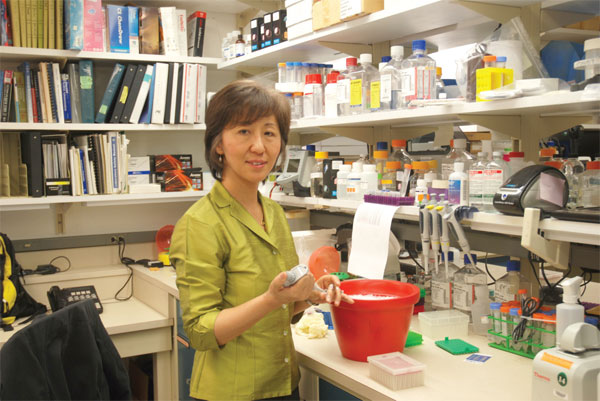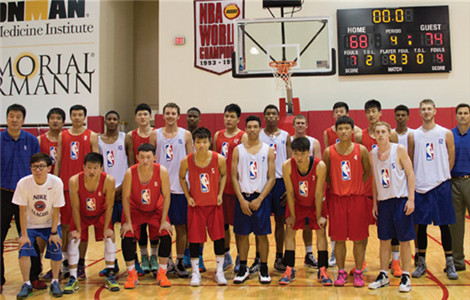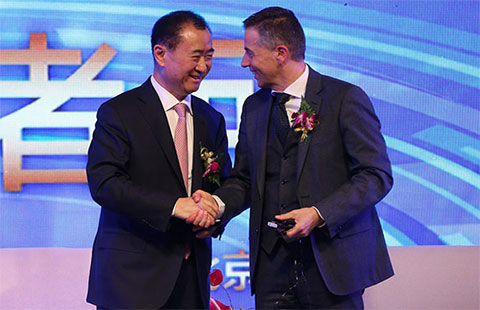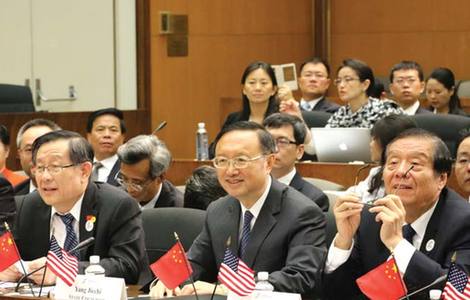Wei Yang: Focusing on critical battles
Updated: 2015-05-01 09:57
By Dong Leshuo in Washington(China Daily USA)
|
||||||||
 |
|
Wei Yang, member of National Academy of Sciences and the American Academy of Arts & Sciences, in her lab at the National Institutes of Health. Dong Leshou / China Daily |
On April 22, 2015, the American Academy of Arts and Sciences, one of the oldest and most prestigious honorary societies in the US and a leading center for independent policy research, announced its newly elected members.
Wei Yang was the only Chinese mainland name among the 197 new inductees.

"I am deeply honored by my election to this distinguishedacademy and humbled to join the company of its illustriousmembers," Yang said.
Two years ago, Yang was elected to the National Academy of Sciences, another top honor in world of science.
Researching structural biology at the National Institutes of Health (NIH), Yang leads a team studying the recombination, repair and replication of DNA, the molecule that encodes the genetic blueprint of living organisms and viruses.
"All our research projects are related to human diseases, for which we are looking for cures," Yang said.
Yang has worked on HIV-1 reverse transcriptase, which has been successfully targeted by drugs to treat AIDS patients.
"It is fundamental research that leads to molecular understanding first and eventually to clinical applications," she said.
Yang started her journey in the field of molecular biology as a PhD student in biochemistry and molecular biophysics at Columbia University.
"Environment is very important. If you are on a right track, everything becomes easier," Yang said.
"My advisor at Columbia, Dr Wayne Hendrickson, once said that science is his religion. He devoted all his time and energy to science. His pursuit of pure science and his curiosity and motivation to find out how things work greatly influenced me."
"I have decided to work on research topics that are related to human health and the quality of life since then," Yang said.
"Our research is to find out unknowns," she explained. "Not only are the answers unknown, but the paths that could lead to the answers are also unknown.
"Therefore conducting research is like taking an adventure with a great deal of excitement as well as risks," she continued. "Sometimes we think that we have got an answer, but we could be misled. It is very gratifying to be the first person in the world to know how a molecule works."
Yang published her first paper in Science in 1990, which "was quite a breakthrough," she said.
Most Viewed
Editor's Picks

|

|

|

|

|

|
Today's Top News
China opposes US
defense bill
Key events in the history of US gay rights
More people around world like China, survey finds
Victims of Charleston massacre mourned
US police fatally shoot unarmed black man in domestic dispute
No rest until sweeping victory against drugs, President Xi says
Pundits cheer China-US talks
US Supreme Court upholds key Obamacare insurance subsidies
US Weekly

|

|














